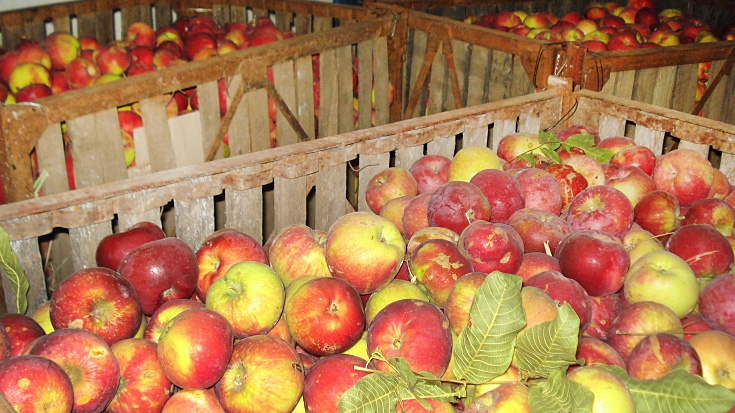To raise agriculture's yields and its share of Kazakhstan's economy, President Nazarbayev set a target for the country: to double agricultural productivity by 2014. The ongoing US$83 million Agricultural Competitiveness Project, partly supported by the World Bank, is contributing towards this ambitious goal. Within its scope, it aims to increase the competitiveness of Kazakh farmers and assist them to compete in local and global markets.
There are many ways to make Kazakh farmers and agribusiness sector more competitive, and the project is tackling many of them. By providing grants to farmers and researchers, 636 of which have already been awarded, the project supports increased investments in the development and adoption of new farming technologies. These help farmers make their products more cost-effective, uniform, and compliant with international food safety standards. Supporting small agribusinesses to package products attractively, and funding the modernization of food laboratories, further contributes to the overall competitiveness of Kazakh farm products.
Grant recipient Alexandr Pavlovskiy, shared his experience of diversifying by adopting the method of planting several different crops instead of a single one. "I sow seven crops and have been doing this for several years, so I do not put all my eggs in one basket. In today's market conditions, we should not seek a large crop, but should make a cost-efficient harvest instead."



